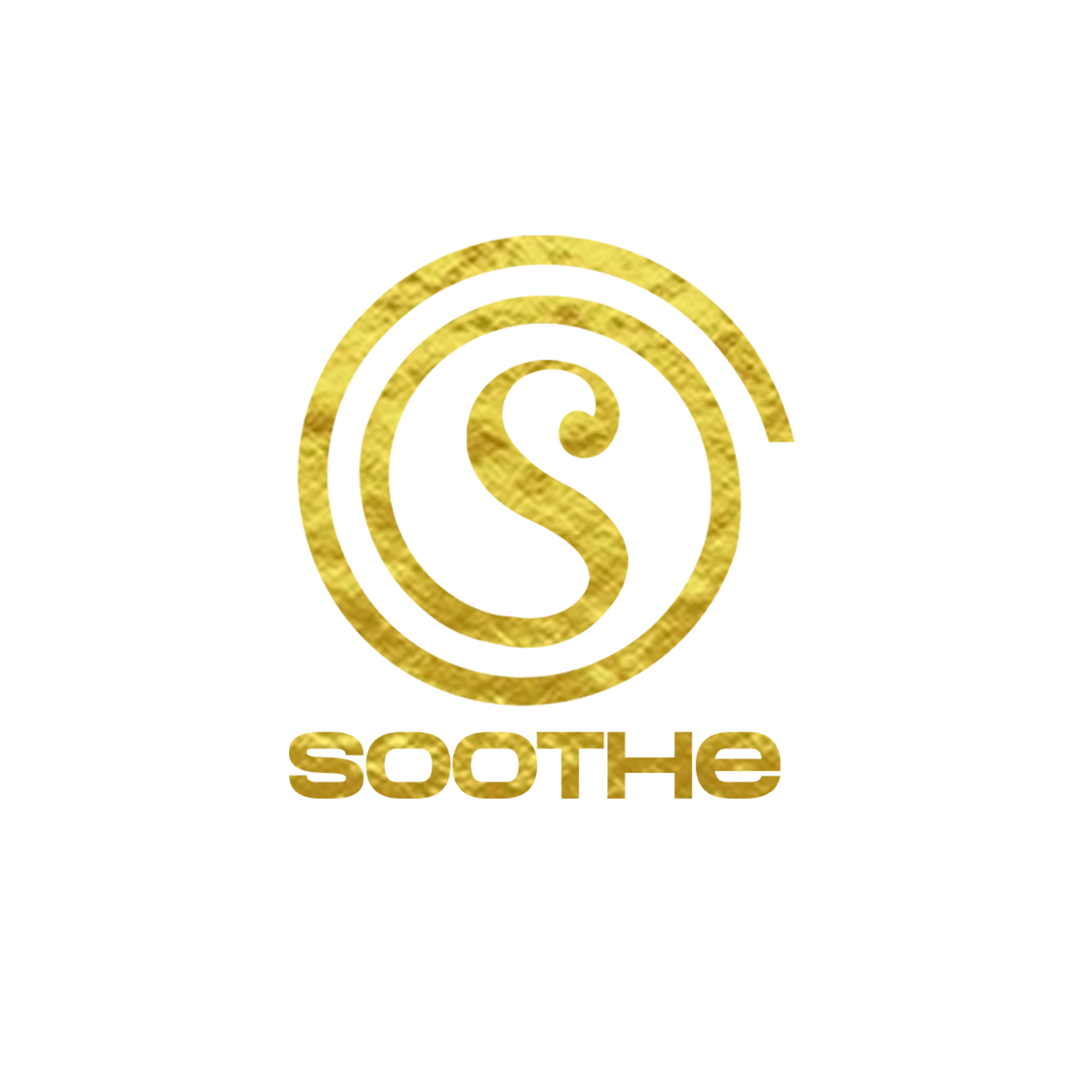Radix Sophorae Flavescentis
Radix Sophorae Flavescentis is the root of Sophora flavescens Ait. It has been used for over decades to treat conditions such as abscess, oedema, dysentery and skin conditions such as eczema, skin itch and atopic dermatitis for thousands of years. Due to the high content of Flavonoids and alkaloids such as matrine and oxymatrine.
Many peer reviews and literatures shows Radix Sophorae Flavescentis has great effect of anti-inflammatory, anti microbials, and anti-arthritis activities. These findings were confirmed by an experiment made with mice with contact dermatitis.
Please refer to reference below for further reading and details.
References
- Kim H, et al. Effect of sophora flavescens aiton extract on degranulation of mast cells and contact dermatitis induced by dinitrofluorobenzene in mice. J Ethnopharmacol. 2012 June;142(1):253-8.
- in JH, et al. Anti-inflammatory and anti-arthritic activity of total flavonoids of the roots of Sophora flavescens. J Ethnopharmacol. 2010 Feb 17;127(3):589-95.
- Quan W, et al. Anti-allergic prenylated flavonoids from the roots of Sophora flavescens. Planta Med. 2008 Feb;74(2):168-70.
- Li W, et al. Main flavonoids from Sophora flavescens. Yao Xue Xue Bao. 2008 Aug;43(8):833-7.
- Suo Z, et al. Impact of matrine on inflammation related factors in rat intestinal microvascular endothelial cells. J Ethnopharmacol. 2009 Sept 25;125(3):404-9.
- Jeong TS, et al. Low density lipoprotein (LDL)-antioxidant flavonoids from roots of Sophora flavescens. Biol Pham Bull. 2008;31:2097-2102.
- Kim JH, et al. Glycosidase inhibitory flavonoids from Sophora flavescens. Biol Pharm Bull. 2006;29:302-305.
- Kuroyanagi M, et al. Antibacterial and antiandrogen flavonoids from Sophora flavescens. J Nat Prod. 1999;62:1595-1599.
- Ryu YB, et al. Pterocarpans and flavanones from Sophora flavescens displaying potent neuraminidase inhibition. Bioorg Med Chem Lett. 2008;18:6046-6049.
- Son JK, et al. Prenylated flavonoids from the roots of Sophora flavescens with tyrosinase inhibitory activity. Planta Med. 2003;69:559-561.
- Oh HM, et al. Norkurarinol inhibits toll-like receptor 3 (TLR3)-mediated pro-inflammatory signaling pathway and rotavirus replication. J Pharmacol Sci. 2012;118(2):161-70.
